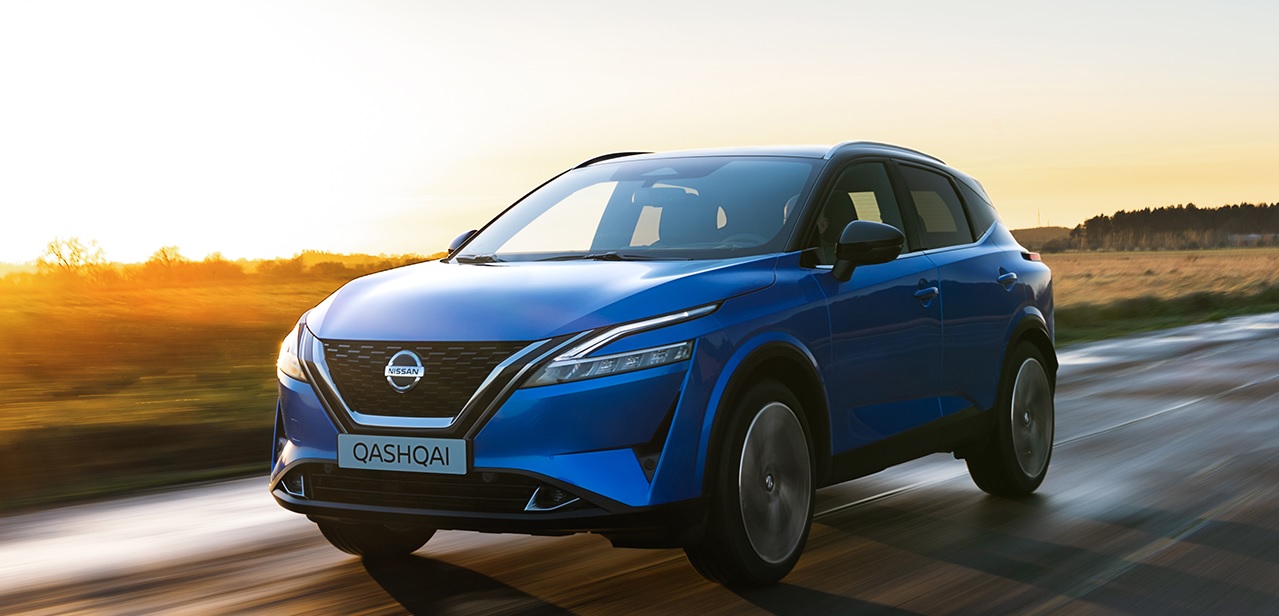2022 was a uniquely interesting year in the motor industry, yet despite semiconductor shortages, rising fuel costs, a war in Ukraine and a cost-of-living crisis car sales still happened; and electric cars saw their biggest increase in registrations ever.
Electric vehicles weren't the only ones seeing a rise in uptake, the used car sector saw huge price rises as the market's ability to produce new cars reduced. Used cars prices rose along with demand, creating a 30% increase in sales prices, giving the used market its most profitable year in decades.
Electric cars also saw their most prosperous year, with EV registrations on the rise, the higher price tag didn't dissuade people, as they made the choice to reduce their carbon footprint and invest long term in the environment.
Throughout 2022 registration of Electric vehicles rose by 5% from the previous year, considering the rising prices and the cost of living, any rise is quite an achievement and EVs now make up about 16% of all cars sold last year.
The registration of petrol and diesel cars declined in 2022, and overall, there was a 25% decline compared to pre-pandemic times. Electric registrations actually overtook diesel, which is amazing and shows that people are thinking about the future and making environmental choices.
Government schemes helped the sale of electric vehicles, with grants, tax relief and help with adding more charging ports. Despite many of these grants being stopped halfway through the year and the sales continued. Bik (Benefit in kind) for businesses helped, as business had no extra costs and as a result over 60% of EV sales were for business and fleet customers.
The Government, recognising that help was needed, pledged to invest £500 million to improve the charging infrastructure for EVs and help alleviate range anxiety, that for many was a massive drawback to buying an electric car. Now there is a scheme to install 300,000 charging ports to help drivers with rapid charging whilst on the go, and ensure that no matter where you are you can always get to where you need to be.
Car manufacturing was not plain sailing in 2022, and there were some major disruptions to the supply chain. Some of these issues can be traced back to the start of the pandemic in 2020. Factory closures meant that vital parts, like the semiconductors needed in cars and vans, were just not available.
The majority of the semiconductors are manufactured in China. This had a massive impact as China adopted a zero covid policy, shutting down whole factories if just one person tested positive. This caused delays and backlogs, and some experts even predict that it could be as late as 2024 before the supply is back to the level needed to meet the demand.
The USA have responded to the chip shortage by investing millions in factories to be able to fabricate and produce their own semiconductor chips, so that they no longer dependent on an overseas industry. The investment in the US economy was a great help, and it showed just how adaptable and resilient the car industry can be.
The war in Ukraine had an impact too on the UK production lines when workers had to cease working on the ‘wire harness’ that is used as a nervous system in cars until it was safe for them to return to work.
The Ukraine war also saw rising prices for fuel from Russia, and the UK was hit with some of the highest fuel prices for both filling your vehicle and heating your home in history. People found filling their cars more difficult on top of other rising living costs, and not only was the price of producing a new car rising, but so was the cost of maintaining your current car.

Whilst car sales might have decreased on the whole over 2022, it was also a record-breaking time for the UK’s Nissan Qashqai, which had a record number of sales in the UK and became the UK’s favourite car. This was the first time that a British built car has taken the title in 24 years, and it was also the first time that Nissan themselves have topped the UK sales chart with over 42,000 sales of the Qashqai.
Another firm British favourite is the Ford Fiesta, sales of used fiestas have soared following the news late last year that Ford was going to stop the production of the fiesta in order to concentrate on its electric vehicle range. With production stopping altogether later this year, pre-sales for the very last Ford Fiestas have risen, making it another firm British favourite.
So what can the car industry expect in 2023? The electric car market is certainly set to stay, and build on its already massive success of 2022. With government legislation stating that cars need to meet certain regulation standards by 2030 and the production of new petrol and diesel cars no longer being allowed after this date, manufacturers are quickly stepping up and trying to get ahead of the curve to develop electric cars that meet, and go beyond the government targets.
Some of the most anticipated cars of 2023 are the Polestar 2 BST Edition and Kia Soul EV Urban. With battery efficiency getting better, and investment in the charging infrastructure, people are consciously making the choice to go electric.
Car manufacturers have proven that they can push the boundaries and that they can create the new technology to meet, and exceed the initial blueprint and deliver vehicles that people want to be seen in, but more importantly that they can use it like they can a traditional car and carry on life as normal, only leaving a smaller carbon footprint behind. A smaller carbon footprint, not just from driving the car but from the making of the car, as industry takes on the challenge to practice what it preaches and makes more ethically responsible choices in car making.